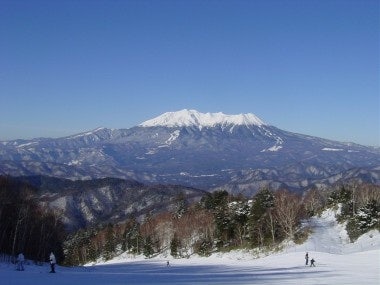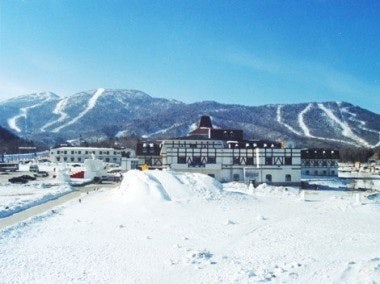Among Chinese Tourists, “The Popularity Of Japan Is Still Quite High”#

A little over eight months after Japan's devastating earthquake and tsunami, which saw tourist arrivals in the country plummet, Chinese tourists are set to buoy the hard-hit Japanese tourism industry this winter. Despite a mass exodus of around 230,000 in the wake of the natural disasters this March, hotel chains and airlines are expanding and adding new international flights, anticipating a return of tourists over the next several months among tourists from the Greater China region in particular. As Bloomberg writes today:
[Japan's] recovery is being led by Greater China. Tourists from Hong Kong rose 17 percent in October from a year earlier and 2.6 percent from Taiwan, according to Japan National Tourism Organization. Inbound visitors from China, which fell by 50 percent in April, were unchanged in October from the year before.
But perhaps the most interesting development in Japan's tourism industry is the news that some ski resorts in Fukushima have recorded winter bookings at around 70 percent of pre-quake levels. Surprisingly, bookings have been strong even at ski resorts quite close to the nuclear accident site, with Hoshino Resort Co. expecting occupancy rates at 60-80 percent of 2009-2010 levels. Aizukogen Resort is also optimistic about this winter, saying this week that it expects occupancy rates at its three resorts to hover around 70 percent of last year's, Bloomberg adds. However, not every resort is so optimistic that Chinese tourists can get the industry completely back on its feet. The Tokyo Hotels-operated Hotel Gran Deco, which is located less than 80 kilometers from the Fukushima nuclear plant, said that bookings are still only around half of last year's level.

Still, considering the rate at which the popularity of skiing is taking off in China, and the five-star level of many Japanese ski resorts, the optimism of some resort operators is largely warranted. Tourism to Japan is becoming far easier for Chinese outbound travelers, with the country slashing visa restrictions this August and doubling the maximum stay to 30 days.
Though most Chinese tourists to Japan still fit more into the "tourist-shopper" demographic, either rushing from store to store in Tokyo or taking part in managed tour groups, individual "experiential tourists" from mainland China are expected to surge in coming years, and destinations like ski resorts stand to gain.
Though skiing is still a relatively new pastime in China, the China Ski Association noted last year that the number of skiers in China rose from only 200,000 per year in 2000 to more than 5 million by 2005, and by 2014, that number should rise to around 20 million. While the country now has resorts like Yabuli in Heilongjiang that approach world-class levels, the fact remains that at the moment, nothing in China can match Japan's ski infrastructure or more ingrained ski culture.
